Living the Music of Resurrection
Catholic Homily for November 22, 2025
Memorial of Saint Cecilia, Virgin and Martyr
Luke 20:27–40
The Sadducees came to Jesus with what they thought was a clever trap. They didn’t believe in resurrection from the dead, so they posed a complicated scenario: a woman who was married to seven brothers in succession (each dying before the next married her, according to Jewish law). “In the resurrection,” they asked with smug confidence, “whose wife will she be?”
They thought they were being clever, but they were actually revealing their own spiritual poverty. They could only imagine the afterlife as an extension of earthly arrangements – the same marriages, the same complications, the same limitations. To them, resurrection was either impossible or ridiculous.
Jesus responded with both gentleness and clarity. He explained that resurrection life is fundamentally different from earthly life: “Those who are considered worthy of a place in that age and in the resurrection from the dead neither marry nor are given in marriage. Indeed they cannot die anymore, because they are equal to angels and are children of God, being children of the resurrection.”
Then He gave them the clinching argument: “And the fact that the dead are raised Moses himself showed, in the story about the bush, where he speaks of the Lord as the God of Abraham, the God of Isaac, and the God of Jacob. Now he is God not of the dead, but of the living; for to him all of them are alive.”
Resurrection as Relationship
Jesus’ answer teaches us something profound about what resurrection really means. It’s not just the idea that dead bodies will someday be reanimated. Resurrection is about the unbreakable relationship between the Living God and those who belong to Him.
When God said to Moses, “I am the God of Abraham, the God of Isaac, and the God of Jacob,” He was speaking centuries after these patriarchs had died. But He spoke in the present tense: “I am” their God, not “I was.” This means that their relationship with Him continued beyond physical death.
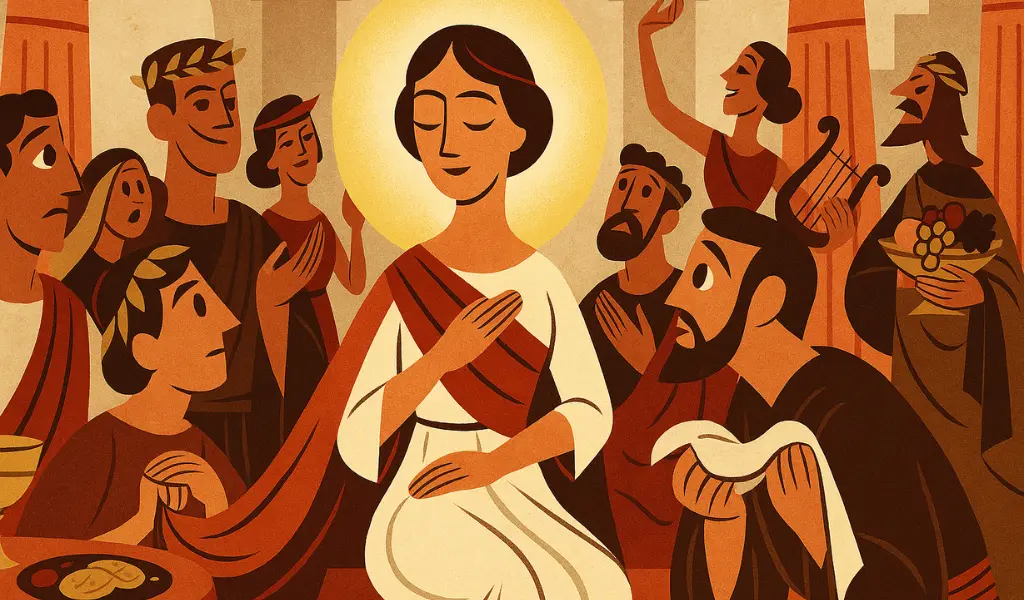
If we belong to the Living God – if we have entered into relationship with Him through faith – then that relationship cannot be broken by death. Death is not the end of our story; it’s a transition into a fuller, more complete life with God.
This changes everything about how we view earthly life. The relationships, work, and gifts we have now are good and meaningful, but they’re not the ultimate reality. They point beyond themselves to something greater: eternal communion with God.
Saint Cecilia’s Inner Song
Saint Cecilia lived this truth in the most challenging circumstances. She was a young Roman noblewoman who had consecrated her virginity to Christ, but her parents arranged a marriage to a pagan man named Valerian. On her wedding day, she told her husband about her vow to Christ and convinced him to respect it. Eventually, both Valerian and his brother converted to Christianity.
When persecution broke out under Emperor Marcus Aurelius, all three were arrested. Valerian and his brother were executed first. Cecilia was sentenced to death by suffocation in her own bathhouse, but when that failed, she was ordered to be beheaded. Even then, the executioner struck three times but couldn’t kill her immediately. She lived for three more days, continuing to pray and giving away her possessions to the poor.
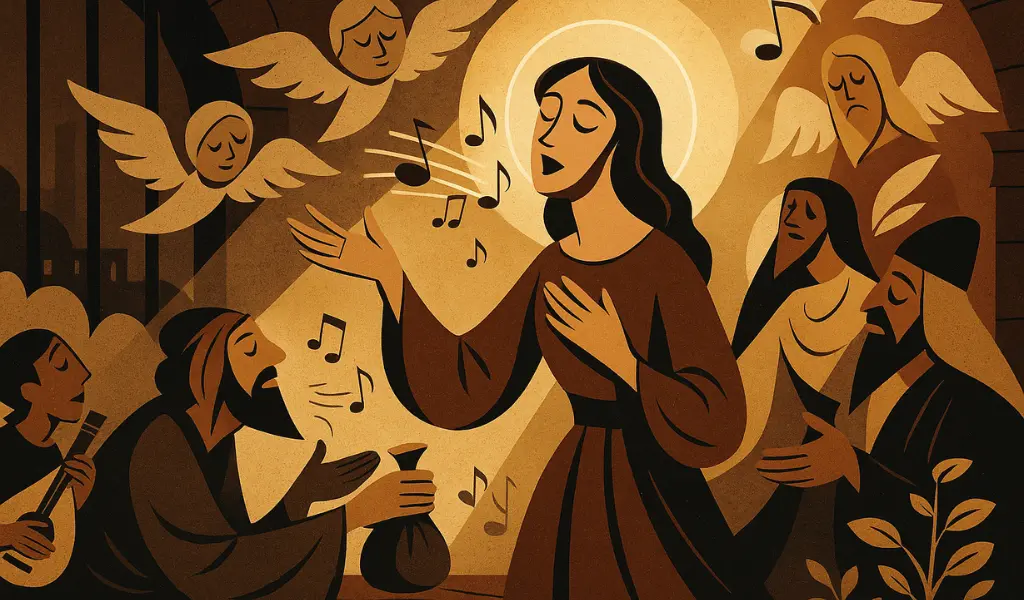
Throughout all of this – the forced marriage, the conversions, the arrests, the torture, and the execution – tradition tells us that Cecilia kept singing. She sang hymns to God in her heart, maintaining an inner harmony even when everything around her was discordant and threatening.
She became the patron saint of musicians not because she was a professional performer, but because she understood that life itself should be music offered to God. Her harmony came from a heart tuned to the resurrection – she knew that this world is not the last movement of the symphony.
Two Corrections for Our Hearts
Cecilia’s life and Jesus’ teaching about resurrection offer two important corrections to how we often think:
First, earthly goods are not ultimate. Marriage, work, success, possessions, even our closest relationships – these are all good gifts from God, but they’re not the final reality. They point beyond themselves to communion with God. When we make them ultimate, we set ourselves up for despair because earthly things don’t last. But when we see them as foretastes of eternal love and joy, we can enjoy them without being enslaved by them.
Second, heaven is not less real than earth. We often think of eternal life as something vague and distant, less concrete than our present experience. But Jesus teaches the opposite: resurrection life is more real, not less. It’s life transfigured, love completed, worship unending. It’s what our hearts were made for, what all our earthly joys are trying to point us toward.
Living Resurrection Now
How do we live with resurrection hope in the middle of ordinary life? How do we keep Cecilia’s inner song playing when the world around us is noisy and threatening?
Pray with the Living One. When we pray, we’re not talking to an idea or a memory. We’re conversing with the God who is eternally alive, who has conquered death, who holds our future in His hands. This makes prayer not just a spiritual exercise but a real relationship with the One who has ultimate power over life and death.
Choose fidelity that costs. Like Cecilia, we can make choices that only make sense if resurrection is real. We can forgive people who don’t deserve it, give generously even when it hurts, remain faithful to commitments even when they’re difficult, because we know that God sees and will reward faithfulness in His own time.
Let hope set the tempo when fear grows loud. Fear wants to speed up our hearts with anxiety about the future. Despair wants to slow us down with the weight of circumstances. But resurrection hope sets a different rhythm – steady, confident, peaceful, because we know that the One who raised Jesus from the dead is in control of our story too.
Three Practices in Cecilia’s Spirit Today
Tune the heart – Keep a brief silence and repeat, “You are the God of the living.” Throughout your day, take moments to remember that God is not distant or dead but vibrantly alive and present with you. Let this truth tune your heart like a musician tuning an instrument before a performance. When anxiety or despair try to take over, come back to this fundamental truth: the God you serve is the God of the living.
Sing with mercy – Do a quiet work of love for someone who cannot repay. Like Cecilia giving away her possessions to the poor even as she was dying, find ways to serve others that bring no earthly benefit to yourself. This could be anonymous giving, visiting someone who’s lonely, helping with a task that no one will notice, praying for someone who has hurt you. Let your life become music that blesses others.
Play the long line – Make one choice that only makes sense because Christ rose. Musicians talk about “playing the long line” – thinking about how individual notes contribute to the overall melody, not just playing note by note. Make choices based on eternal perspective, not just immediate circumstances. Forgive someone who doesn’t deserve it because God forgave you. Give up a sin even though it brings you pleasure because you belong to God. Endure a difficulty patiently because you know it’s not the end of your story.
The Music of Hope
Saint Cecilia understood something beautiful: life lived in relationship with the Living God becomes music. Not just the formal music we sing in church, but the daily rhythm of choices made in faith, love offered freely, hope maintained in difficulty.
When we truly believe that God is “not the God of the dead, but of the living,” it changes the melody of our days. We don’t have to clutch desperately at earthly pleasures because we know they’re not the only joy available to us. We don’t have to be crushed by earthly sorrows because we know they’re not the final word in our story.
The Sadducees couldn’t imagine resurrection because they couldn’t imagine anything better than what they already knew. But Jesus opens our imagination to something infinitely greater: life transfigured, relationships perfected, love that never ends, worship that never gets old.
Let that promise score our day. Let our lives sound like praise to the God who conquered death. Let our hope carry others toward Him, like Cecilia’s song drawing her husband and brother-in-law to faith.
We belong to the Living God. That relationship death cannot break. That truth makes all our earthly music meaningful and all our earthly sorrows bearable.
Let us Pray,
Lord Jesus, You are the resurrection and the life. You are the God not of the dead, but of the living. Tune our hearts to this truth. Like Saint Cecilia, help us keep singing Your praise even when circumstances are difficult. Give us the faith to make choices that only make sense because You rose from the dead. Let our lives become music that draws others to You, hope that encourages the discouraged, love that serves without expecting return. When fear grows loud, remind us that You are alive and that we belong to You forever. May our hearts beat with the rhythm of resurrection hope, and may our days sound like songs of praise to You. Amen.
❤️ Thank You dear friend, hope this reflections touched you. 🙏 Please do not forget to share with your loved ones this november 22 homily.
If you like Catholic Homily for november 22, 2025, do not forget to give your comment below. And please 🫂 join our whatsapp channel for everyday 🔔 update 👇👇👇
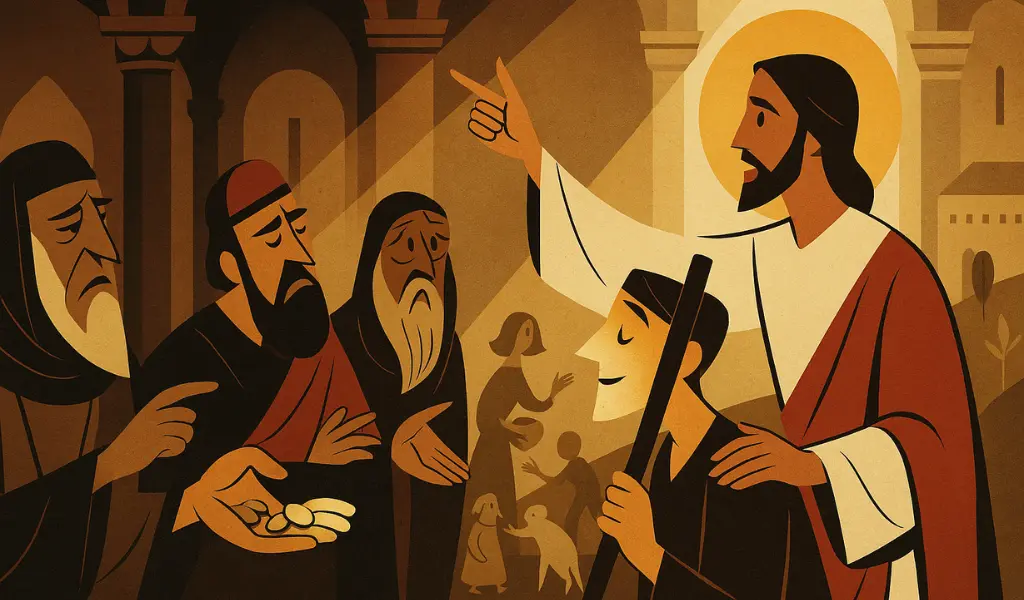
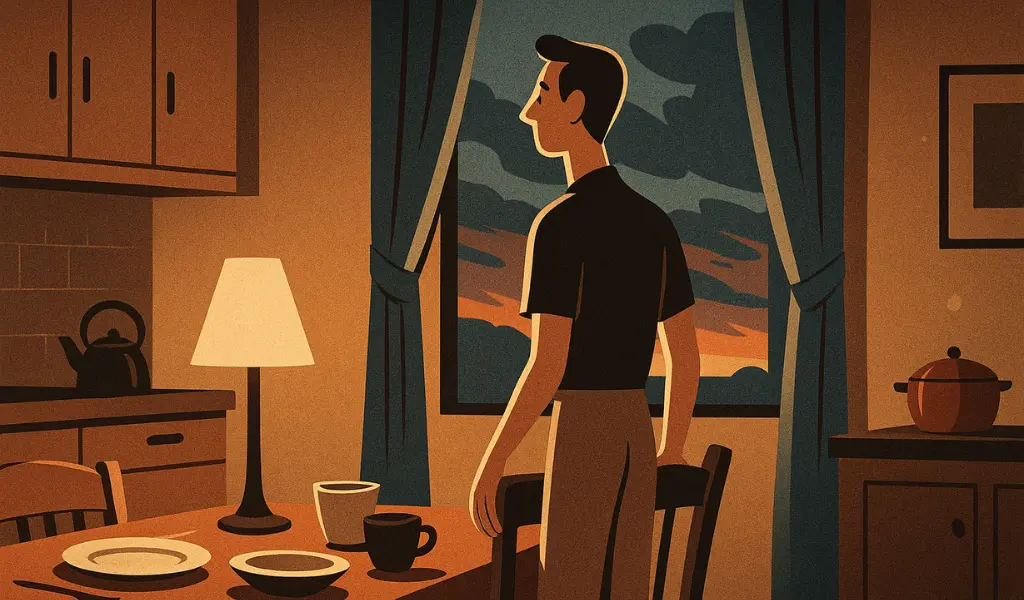
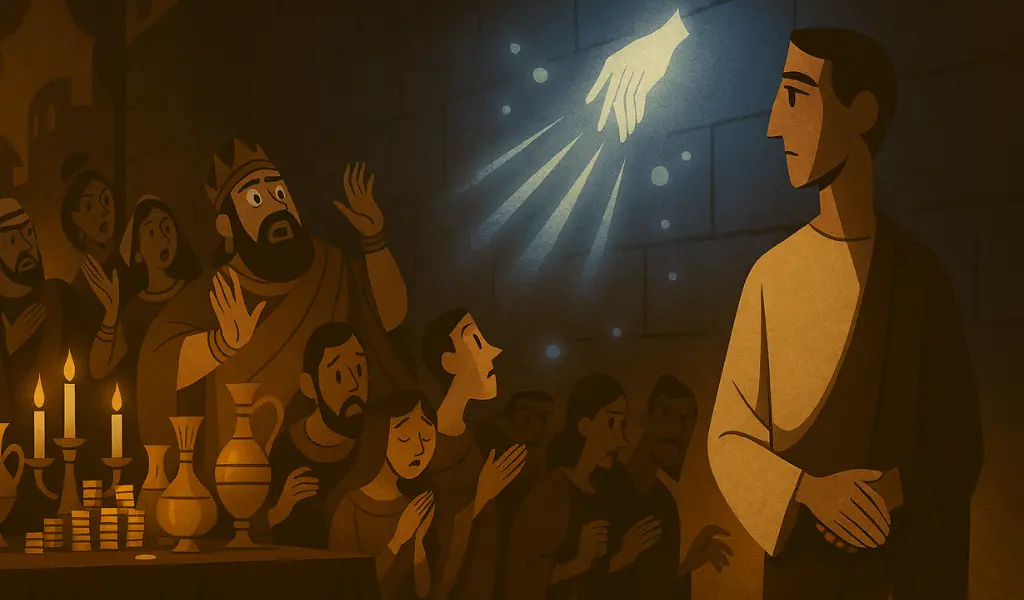
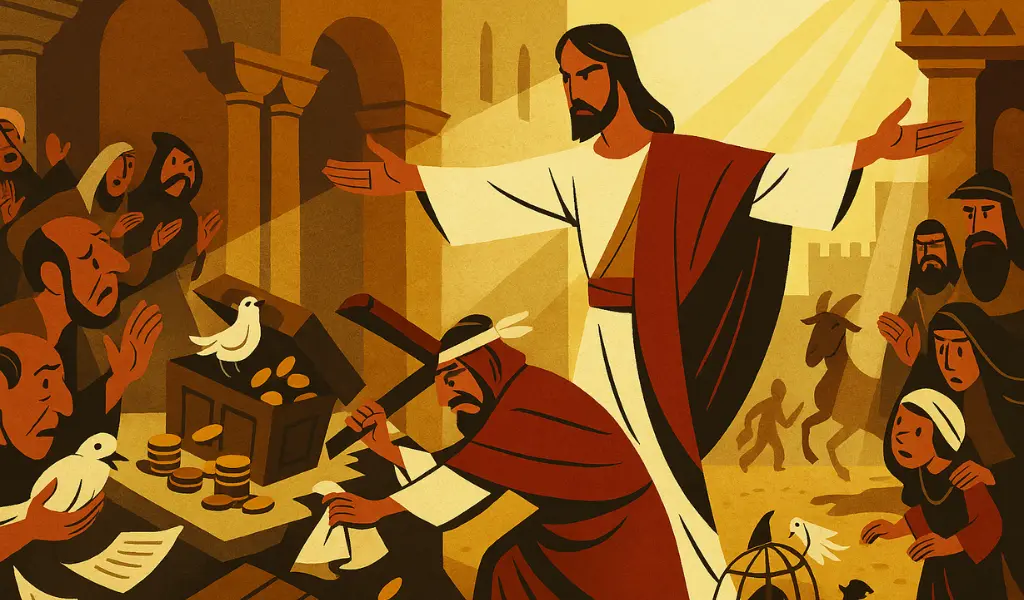

Leave a Comment